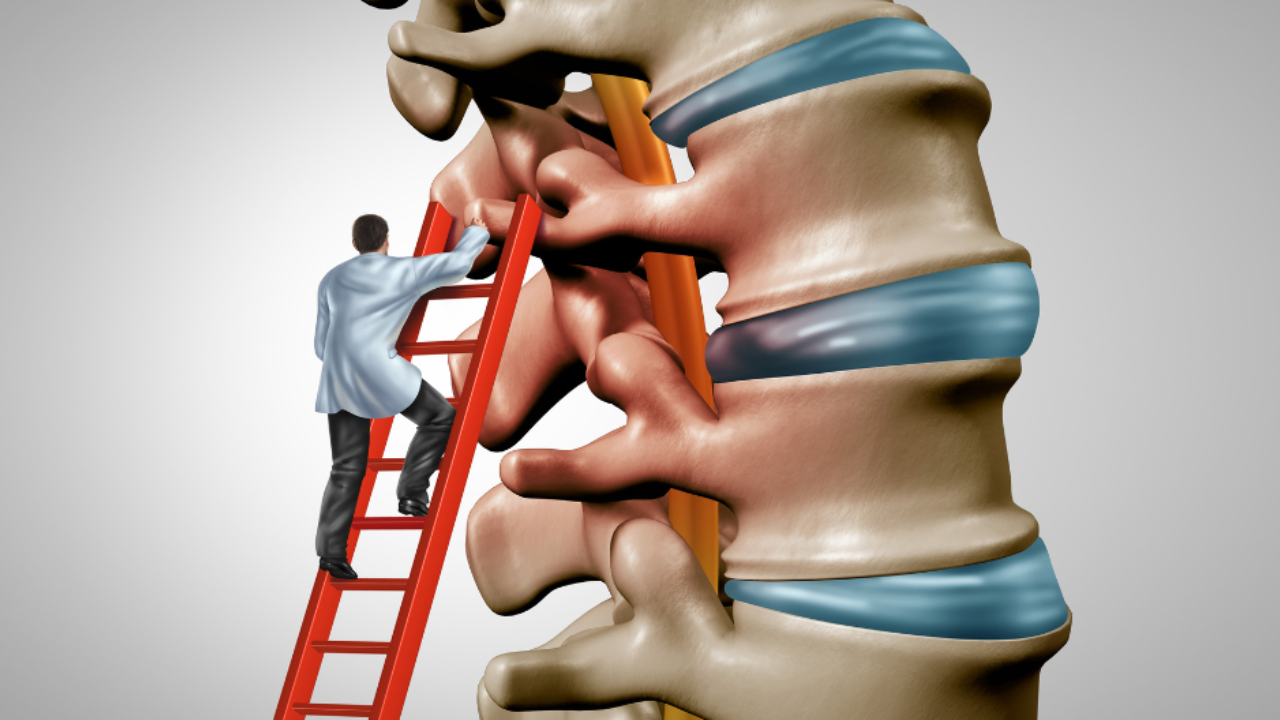Back Pain Recovery Time: What to Expect and How to Support Healing

If you're dealing with back pain, one of the first things you probably want to know is:
“How long is this going to take to heal?”
It’s a fair question—and one I hear all the time at Your Spinal Health.
The short answer?
Back pain recovery time varies depending on how much damage is involved and how well your body can heal.
Let’s look at what’s actually happening in your body when you’re recovering from back pain—and how you can help it along.
What Happens During the Back Pain Healing Process?
Healing is not just about “waiting it out.” It’s a series of biological processes that your body initiates in response to injury or stress. Here's a breakdown of the three major healing phases:
1. Inflammation (Days 1–7)
This is the body’s natural first response. Blood flow increases to the area, carrying immune cells to start cleaning up damaged tissue. You might feel:
-
Pain
-
Swelling
-
Warmth
-
Stiffness
Although inflammation has a bad reputation, it’s essential for healing. The key is to support this phase—not suppress it completely with medication—so the body can do its job.
2. Repair and Regeneration (1–6 weeks)
During this phase, your body starts to rebuild damaged tissue. New cells are formed, scar tissue may begin to lay down, and the swelling usually reduces. This is when many people start to feel improvement—but the underlying tissues are still fragile.
3. Remodelling and Strengthening (6 weeks to several months)
Your body continues to strengthen and realign the repaired tissues. This phase is crucial for long-term recovery and preventing re-injury. Mobility, posture, and spinal alignment play a big role here.
What Needs to Heal in Back Pain Recovery?
Depending on the cause of your back pain, several different structures may be involved:
🔹 Muscles
Back muscles may be strained or in spasm. These heal relatively quickly—often within a few weeks—but need proper movement to avoid becoming stiff or weak.
🔹 Ligaments
Ligaments support and stabilise the spine. When overstretched or torn (common in low back injuries), they take longer to heal—up to 3 months or more—because they have a limited blood supply.
🔹 Discs
Spinal discs are the cushions between the vertebrae. If damaged or herniated, they can cause pain, inflammation, and nerve irritation. Discs heal slowly, and recovery can take several months—but with good care, the body can reabsorb damaged tissue and stabilise the area.
🔹 Joints (Facet Joints)
These small joints at the back of the spine can become inflamed or misaligned. Gentle mobilisation and chiropractic care can restore function and reduce pain.
🔹 Nerves
If spinal nerves are compressed or irritated, symptoms may include pain, numbness, or tingling down the leg (sciatica). Once pressure is removed, nerves can heal—but very slowly, often at a rate of 1–2 mm per day.
How Long Does Back Pain Recovery Really Take?
Here’s a general guide we use in clinic:
-
Muscle strain or spasm: 2–4 weeks
-
Ligament or joint injury: 6–12 weeks
-
Disc involvement or nerve irritation: 3–6 months
-
Chronic back pain (from long-term stress or wear and tear): several months to stabilise and manage
These are averages—your recovery time depends on the specific tissues involved, your overall health, and how consistent you are with care and movement.
How to Support and Speed Up the Healing Process
There’s no magic pill—but there is a clear path to help your body heal:
-
✅ Stay gently active: Movement improves circulation and reduces stiffness
-
✅ Maintain good spinal alignment: Chiropractic care helps joints move properly and takes pressure off healing tissues
-
✅ Support inflammation naturally: Use cold packs in the early days, eat anti-inflammatory foods (like berries, oily fish, turmeric)
-
✅ Stay hydrated and get plenty of sleep: Your body does its best healing when you’re resting
-
✅ Avoid re-injury: Sit less, improve posture, lift carefully
Final Thoughts on Back Pain Recovery Time
Back pain recovery isn’t about being lucky—it’s about giving your body the best possible environment to heal.
Here at Your Spinal Health, we’ve seen thousands of people recover from all kinds of spinal issues—and we trust the body’s ability to heal when given the right support.
👉 If you’re ready to start healing, we’re here to guide you.
Book your Spinal Health Assessment today or get in touch for more personalised advice.
Yours in health,
Peter Bennett
Your Spinal Health


